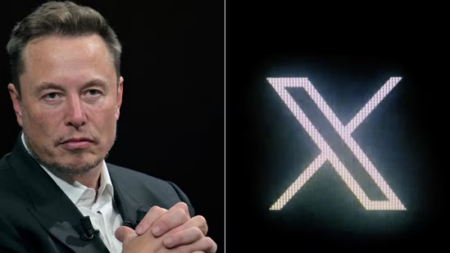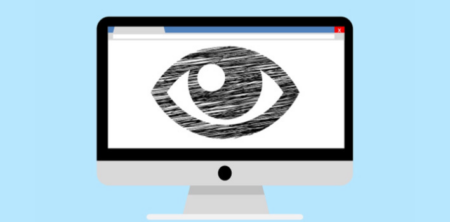Artificial intelligence (AI) is rapidly transforming industries worldwide, offering solutions to some of society’s most complex challenges.
However, the rise of AI has also highlighted the need for regulatory oversight and global AI standards to ensure safety, interoperability, and trust.
International Cooperation to Create AI Governance Standards
Fragmented AI regulations across countries risk creating inconsistencies.
Similar to how the early electrical industry developed incompatible plugs and voltages.
Unlike electricity, telecommunications addressed global interoperability from the start, guided by the International Telecommunication Union (ITU).
Today, AI can take inspiration from telecoms.
This is by fostering international cooperation on standards.
Particularly as countries adopt divergent regulations such as the EU AI Act, state-level U.S. rules, Brazil’s Bill No. 2,338/2023, and China’s Global AI Governance Action Plan.
Bridging Regulatory Gaps with Global AI Standards
Global companies face challenges navigating these varied AI regulations.
Organizations often struggle to maintain compliance.
While balancing innovation and risk.
International standardization bodies like ISO/IEC and OECD provide frameworks for unifying approaches to AI governance.
By providing guidance on ethics, transparency, data governance, and trustworthiness.
These standards are critical to establish a consistent baseline for AI adoption and interoperability.

Key AI Governance Initiatives:
The ISO/IEC JTC1/SC42 AI Committee, active since 2018, develops global AI standards covering foundational frameworks, data management, trustworthiness, use cases, and computational characteristics.
Similarly, CEN/CENELEC JTC21 aligns European standardization with the EU AI Act, ensuring both global consistency and regional compliance.
These collaborative efforts help organizations implement responsible AI practices without duplicating regulatory work.
Why Are the Global AI Standards Important?
Standards provide a shared language for AI governance, bridging differences between regions while promoting innovation.
They allow industries, including telecommunications, to integrate AI safely and efficiently into next-generation networks.
Such as 6G, and foster a trusted, interoperable ecosystem.
By adopting global AI standards, organizations can accelerate AI deployment, reduce compliance risks, and contribute to a sustainable, globally connected digital economy.
Creating a Reliable, Interoperable, and Human-centric AI Future
AI’s potential will only be fully realized when global governance, industry standards, and ethical frameworks converge.
As the digital economy grows, multi-stakeholder collaboration through bodies like ISO, IEC, CEN, and CENELEC is crucial to create a reliable, interoperable, and human-centric AI future.








